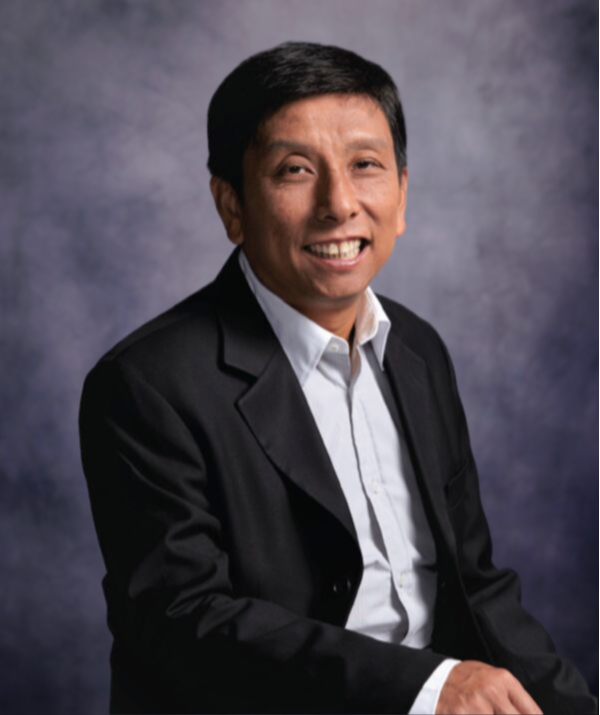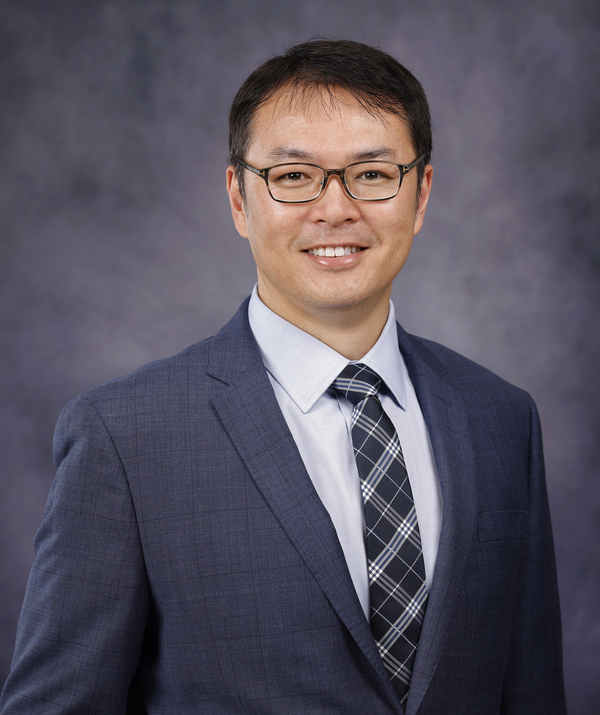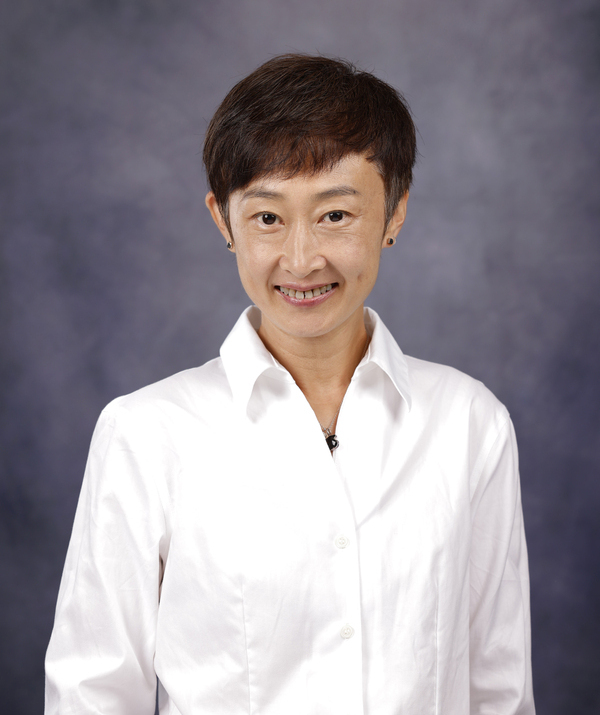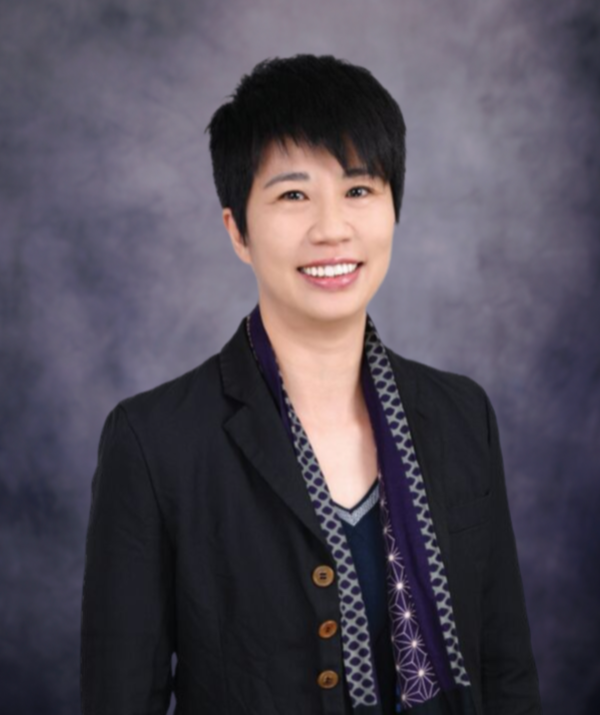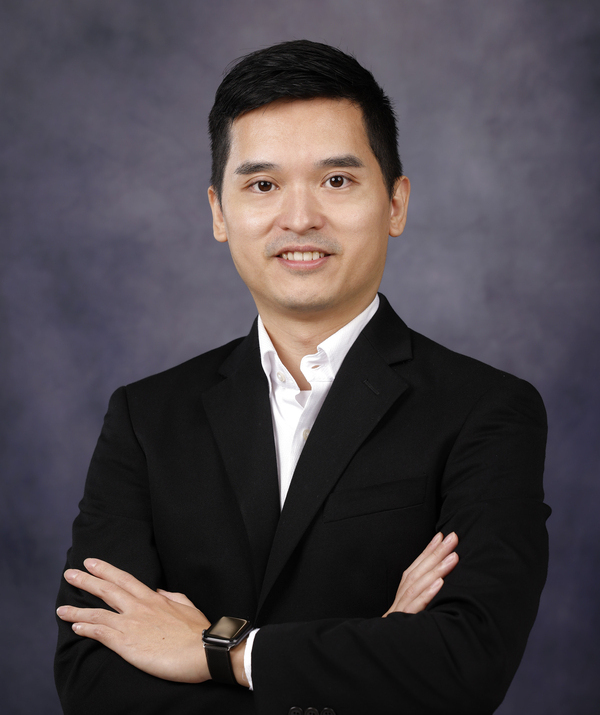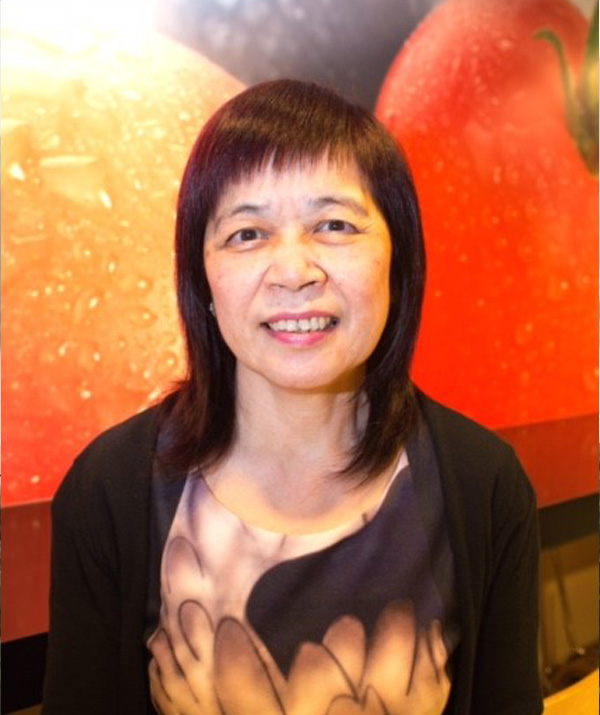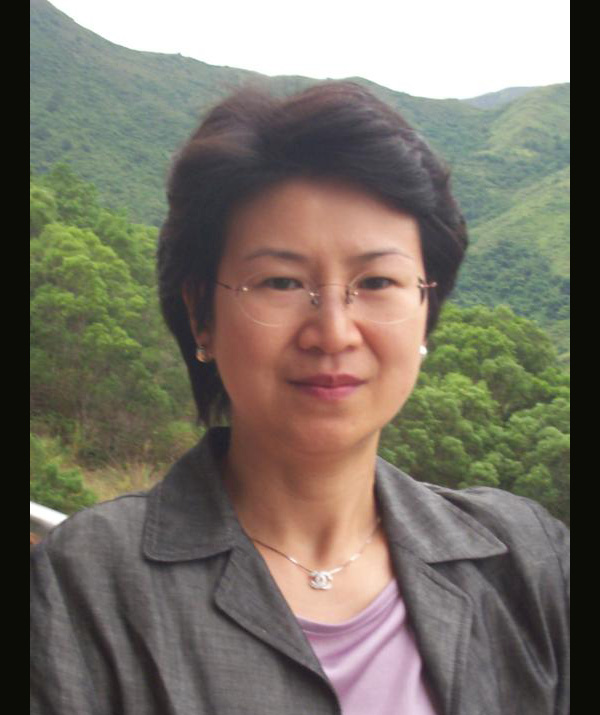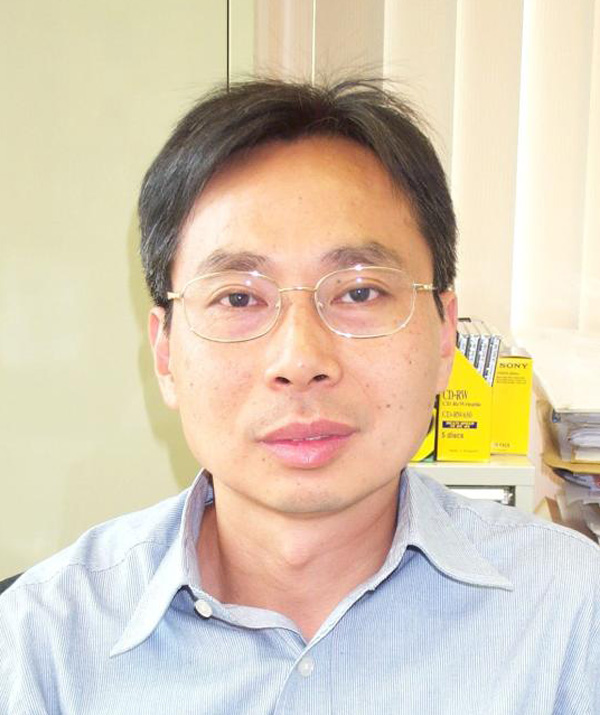
News & Events
As an Elite Athlete-Friendly University, EdUHK continues to champion the dual development of elite athletes in both academic and sports, while also facilitating their career transformation beyond full-time athletic careers.
HPE took part in an exchange trip to Nippon Sport Science University (NSSU) in Tokyo, Japan from 21 to 24 June 2025. The delegation was led by Mr. CHAN Ching Yat, Roy, Subject Coordinator of the Bachelor of Education (Physical Education) [BEd(PE)] programme, and comprised the Elite Athlete Development Team, including Ms. LIU Siu Man, Samantha, and Ms. CHAN Tsz Tung, Elsa. They were accompanied by Miss. YUEN Sin Ying, EdUHK’s ambassador for the “Elite Athlete Friendly University”, a graduate of Bachelor of Health Education (Honours) and Master of Social Sciences in Sports Coaching and Management.
The inclusion of an elite-athlete ambassador in the overseas exchange provided valuable opportunities for sharing, friendly matches, and intercultural engagement—broadening student-athletes’ horizons and enhancing their interpersonal and communication skills.
As part of the cultural and athletic exchange, Sin Ying delivered a live demonstration of badminton serving techniques and took part in a friendly match with the badminton coach and students of NSSU. She also gave a presentation on her life as an elite athlete-student at EdUHK, sharing her personal journey of balancing academic commitments with a professional sports career. Her sharing resonated with NSSU students and staff, fostering greater understanding and appreciation for the experiences of elite athletes in Hong Kong.
HPE took part in an exchange trip to Nippon Sport Science University (NSSU) in Tokyo, Japan from 21 to 24 June 2025. The delegation was led by Mr. CHAN Ching Yat, Roy, Subject Coordinator of the Bachelor of Education (Physical Education) [BEd(PE)] programme, and comprised the Elite Athlete Development Team, including Ms. LIU Siu Man, Samantha, and Ms. CHAN Tsz Tung, Elsa. They were accompanied by Miss. YUEN Sin Ying, EdUHK’s ambassador for the “Elite Athlete Friendly University”, a graduate of Bachelor of Health Education (Honours) and Master of Social Sciences in Sports Coaching and Management.
The inclusion of an elite-athlete ambassador in the overseas exchange provided valuable opportunities for sharing, friendly matches, and intercultural engagement—broadening student-athletes’ horizons and enhancing their interpersonal and communication skills.
As part of the cultural and athletic exchange, Sin Ying delivered a live demonstration of badminton serving techniques and took part in a friendly match with the badminton coach and students of NSSU. She also gave a presentation on her life as an elite athlete-student at EdUHK, sharing her personal journey of balancing academic commitments with a professional sports career. Her sharing resonated with NSSU students and staff, fostering greater understanding and appreciation for the experiences of elite athletes in Hong Kong.
 |
 |
| Friendly match with the badminton coach and students of NSSU | Badminton coach and students of NSSU |
 |
 |
| Demonstration of badminton serving techniques | Sharing session by YUEN Sin Ying |
 |
 |
| Sharing session by Mr. CHAN Ching Yat, Roy | Sharing sessions with NSSU students and staff |

The visit also featured an academic exchange with Dr. Teraoka, who presented his research on coaching development and athlete education, sparking productive discussions on the intersections between pedagogy and performance.
The team engaged in fruitful dialogue with the below staffs of NSSU
The team engaged in fruitful dialogue with the below staffs of NSSU
- Prof. YAMAGUCHI Kazuyuki, Chairperson Professor, Department of Sports Studies for International Community, NSSU
- Dr. TERAOKA Eishin, Associate Professor, Faculty of Sport Culture
- Dr. LEUNG Ling Sze Nancy, Associate Professor, Faculty of Sport Culture
- Ms. YAZAKI Sharly Natsu, AD Assistant Professor, member of the NSSU Coach Developer Academy (NCDA), Coach Developer of NSSU Centre for Coaching Excellence
In addition, the team also had the opportunity to observe training sessions in traditional Japanese martial arts such as Kendo and Judo, as well as Gymnastics. These sessions offered valuable perspectives on Japan’s athletic training methodologies and enriched our understanding of sport education from a global viewpoint.
During the visit, the team explored the Japan Olympic Museum and Komazawa Olympic Park, iconic places that chronicle Japan’s Olympic history and contributions to the international sporting arena. Through interactive exhibits and historical displays, the team gained valuable insights into the evolution of the Olympic Movement in Japan, the achievements of Japanese Olympians, and the country’s efforts in promoting the Olympic values of excellence, friendship, and respect.
The team also visited the Japan National Stadium, the main venue for the Tokyo 2020 Olympic and Paralympic Games. With its modern architectural design and sustainable construction features, the stadium stands as a symbol of Japan’s innovation in hosting mega-sporting events.
Visited the Japan National Stadium
During the visit, the team explored the Japan Olympic Museum and Komazawa Olympic Park, iconic places that chronicle Japan’s Olympic history and contributions to the international sporting arena. Through interactive exhibits and historical displays, the team gained valuable insights into the evolution of the Olympic Movement in Japan, the achievements of Japanese Olympians, and the country’s efforts in promoting the Olympic values of excellence, friendship, and respect.
The team also visited the Japan National Stadium, the main venue for the Tokyo 2020 Olympic and Paralympic Games. With its modern architectural design and sustainable construction features, the stadium stands as a symbol of Japan’s innovation in hosting mega-sporting events.
Visited the Japan National Stadium

Reflection of Sin Ying
“I am grateful for the opportunity to participate in the exchange visit to Nippon Sport Science University, organized by The Education University of Hong Kong. Engaging in various activities and discussions with both staff and students has provided me with invaluable insights, particularly in recognizing the differences between Japan's sports training system and Hong Kong's.
In Japan, sports training is primarily school-based, which contributes to the comprehensive training systems and facilities available at universities. This foundation likely plays a significant role in the higher sports performance and popularity seen in Japan. Additionally, members of the national team also train within schools, fostering a strong training atmosphere among sports teams.
Moreover, each university team is led by sports leaders who guide the training sessions. Even in the absence of a coach, players demonstrate good cooperation, ensuring that training remains high-quality and efficient.
While the sports culture and environment in Japan and Hong Kong differ, there is much we can learn from one another and leverage each other's strengths.’’
Sin Ying shared her appreciation for the differences in sports culture and training systems between Hong Kong and Japan, emphasizing the value of mutual learning and cooperation. The exchange not only showcased EdUHK’s continued dedication to dual-career support for elite athletes but also fostered deeper international ties in the field of sports education.
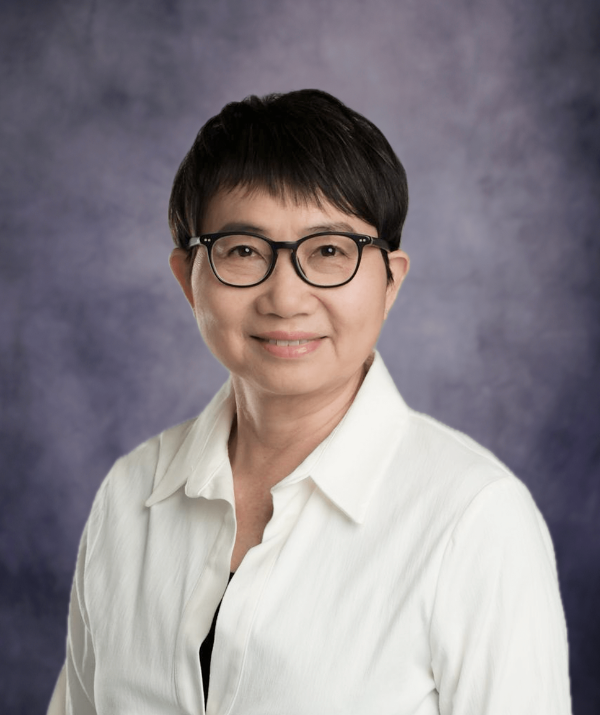

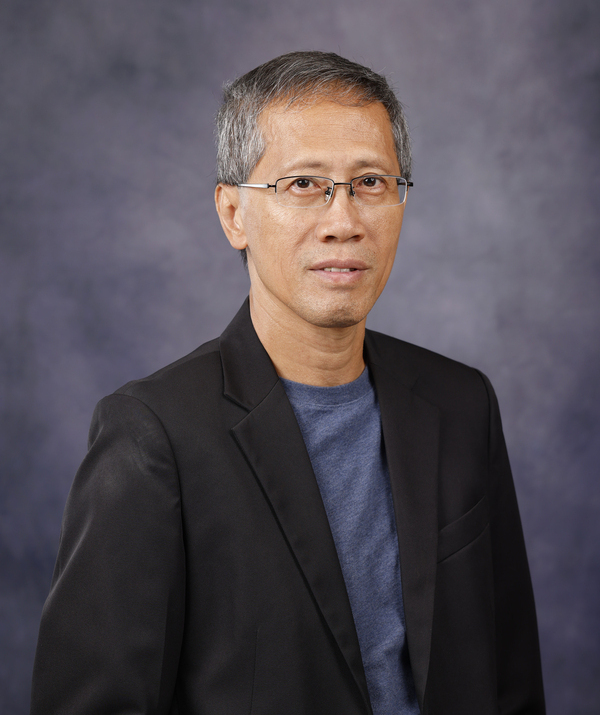
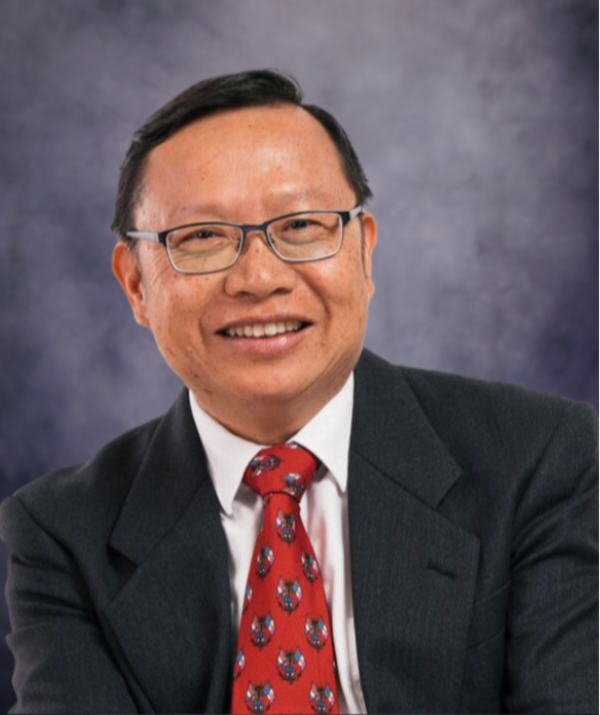

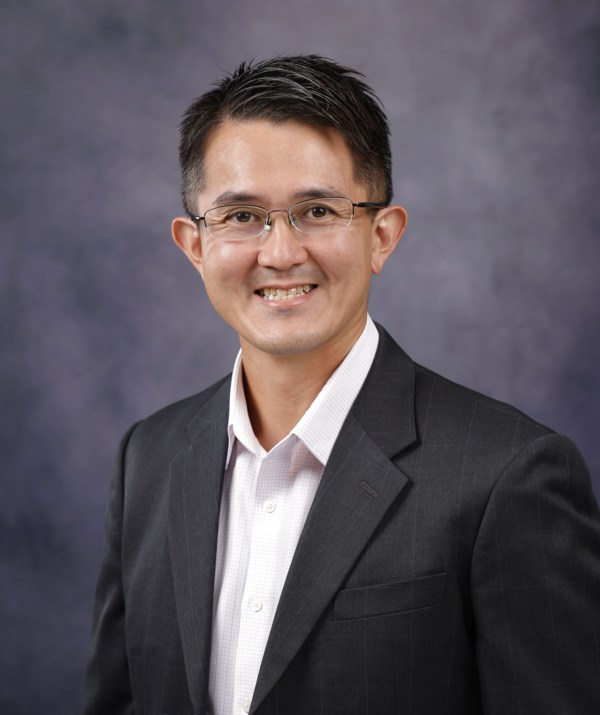
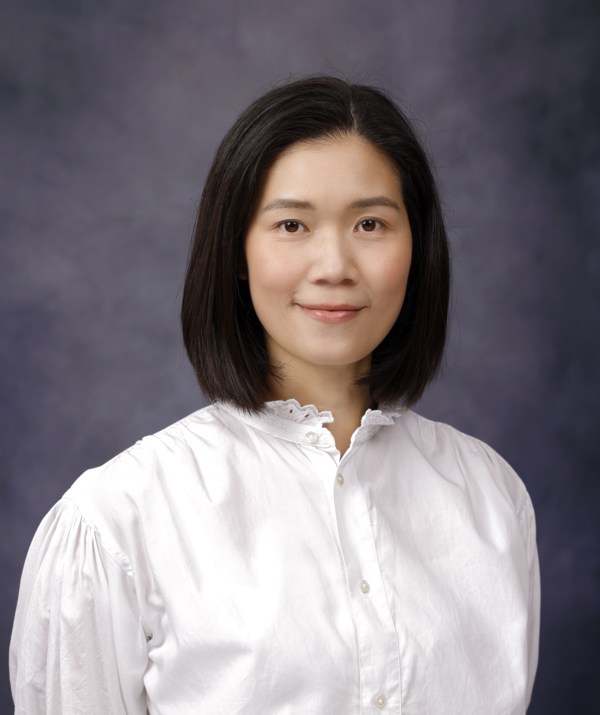
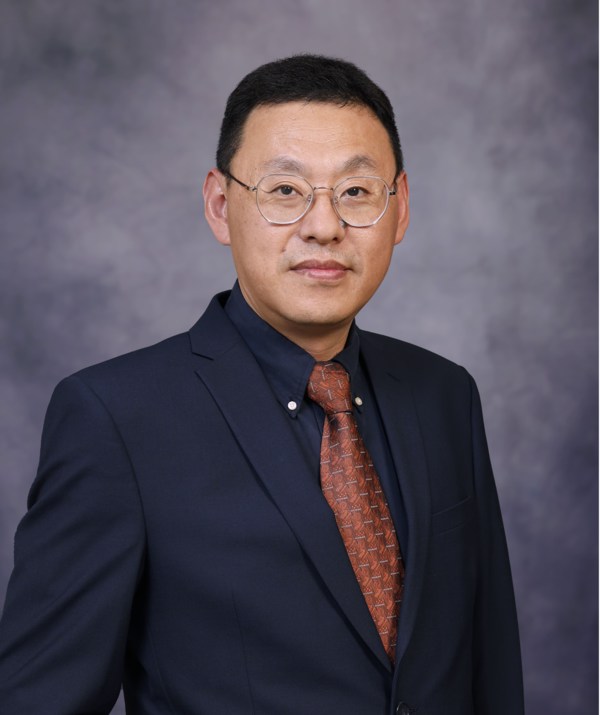
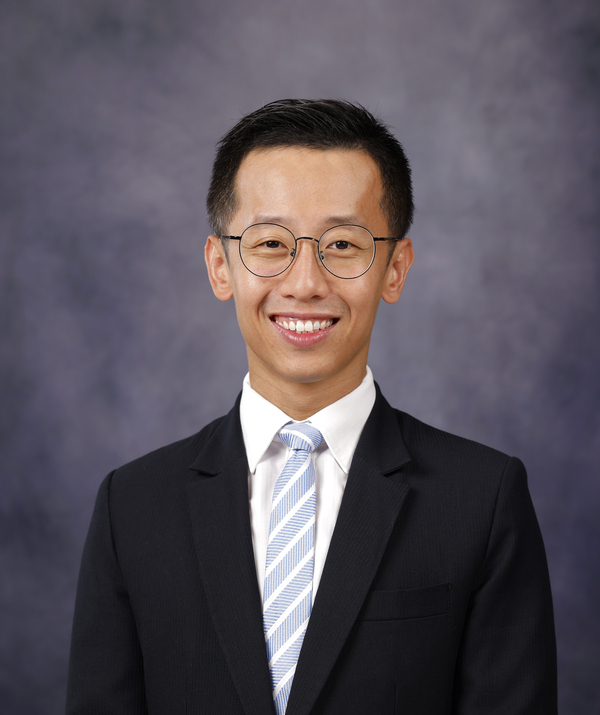
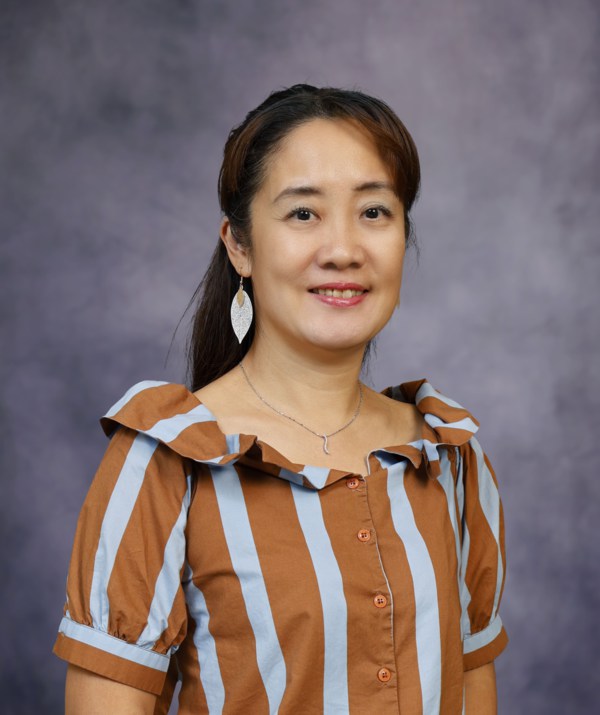
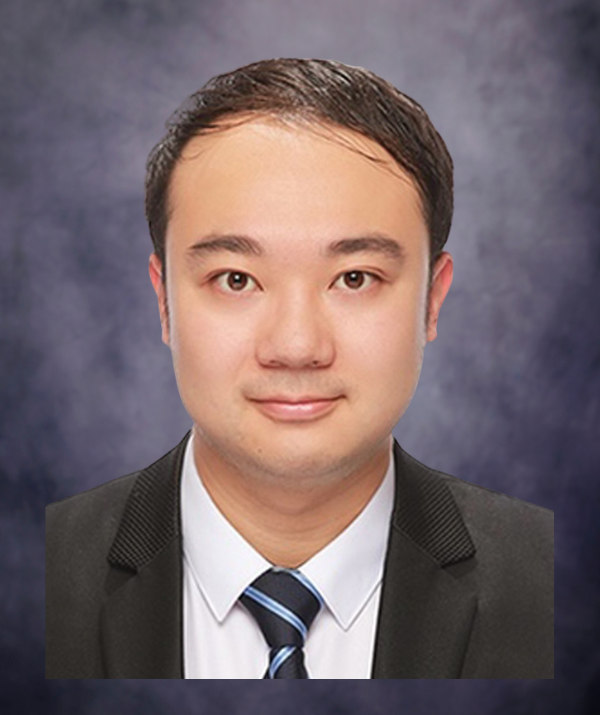
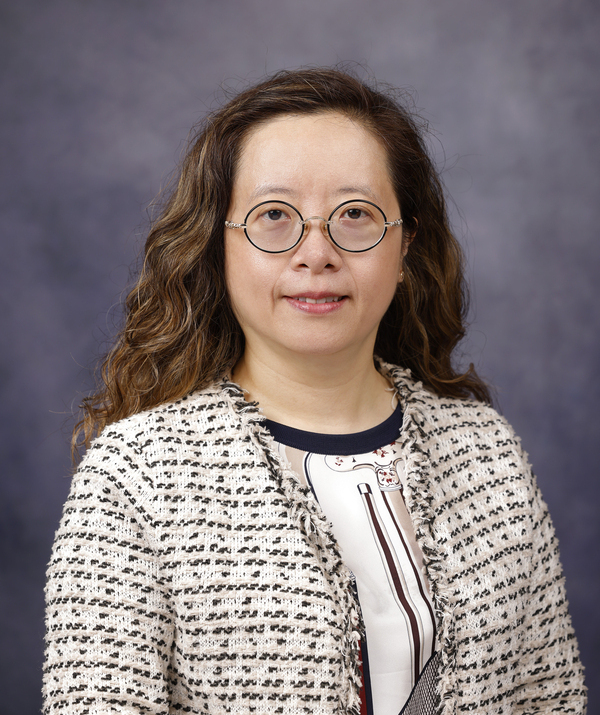
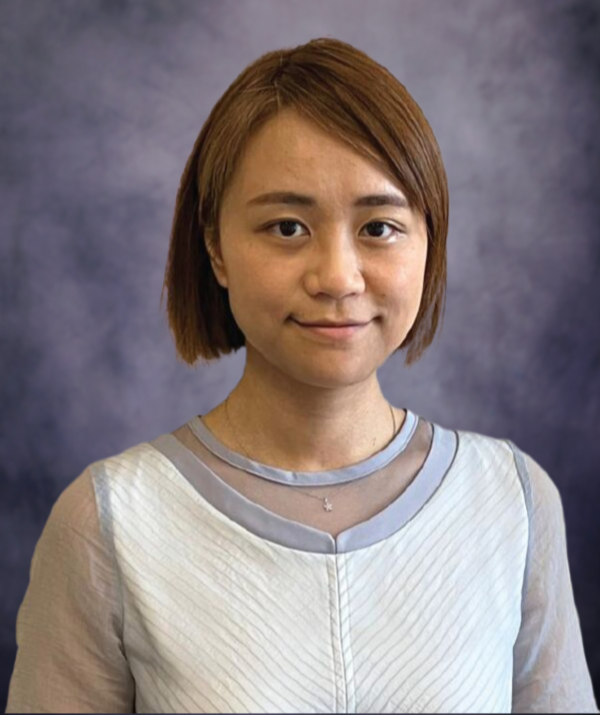
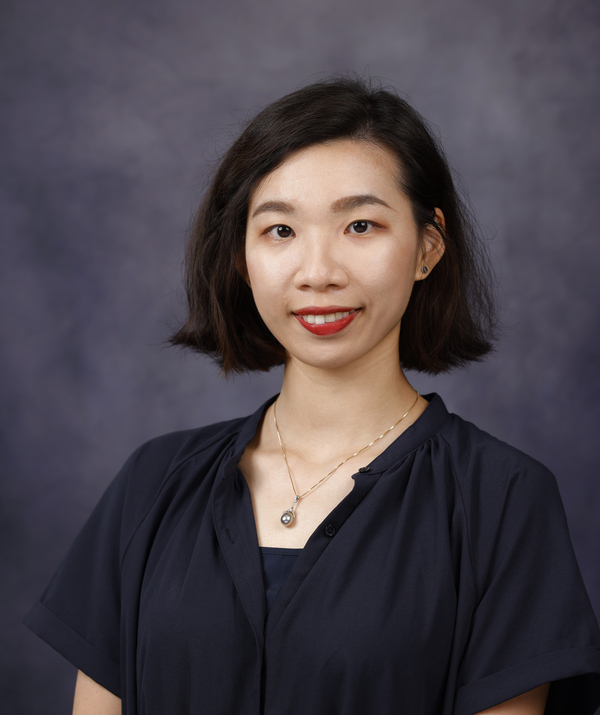
 (1).jpg)
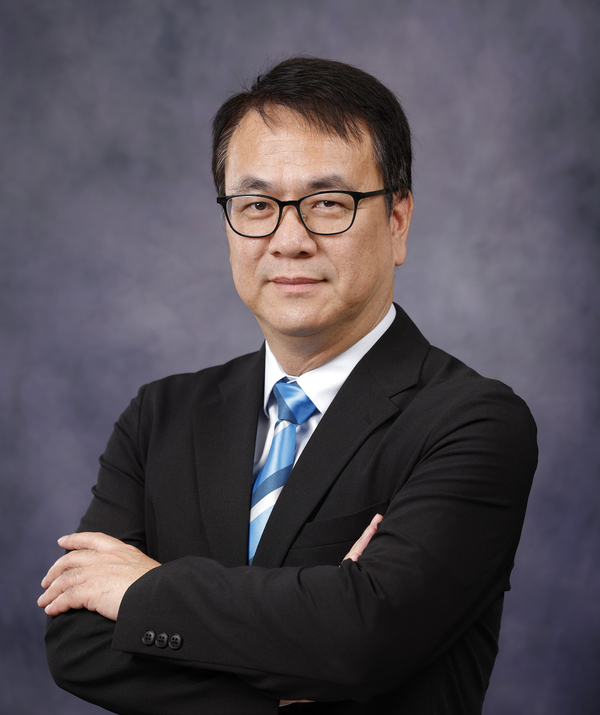
.JPG)
.jpg)
